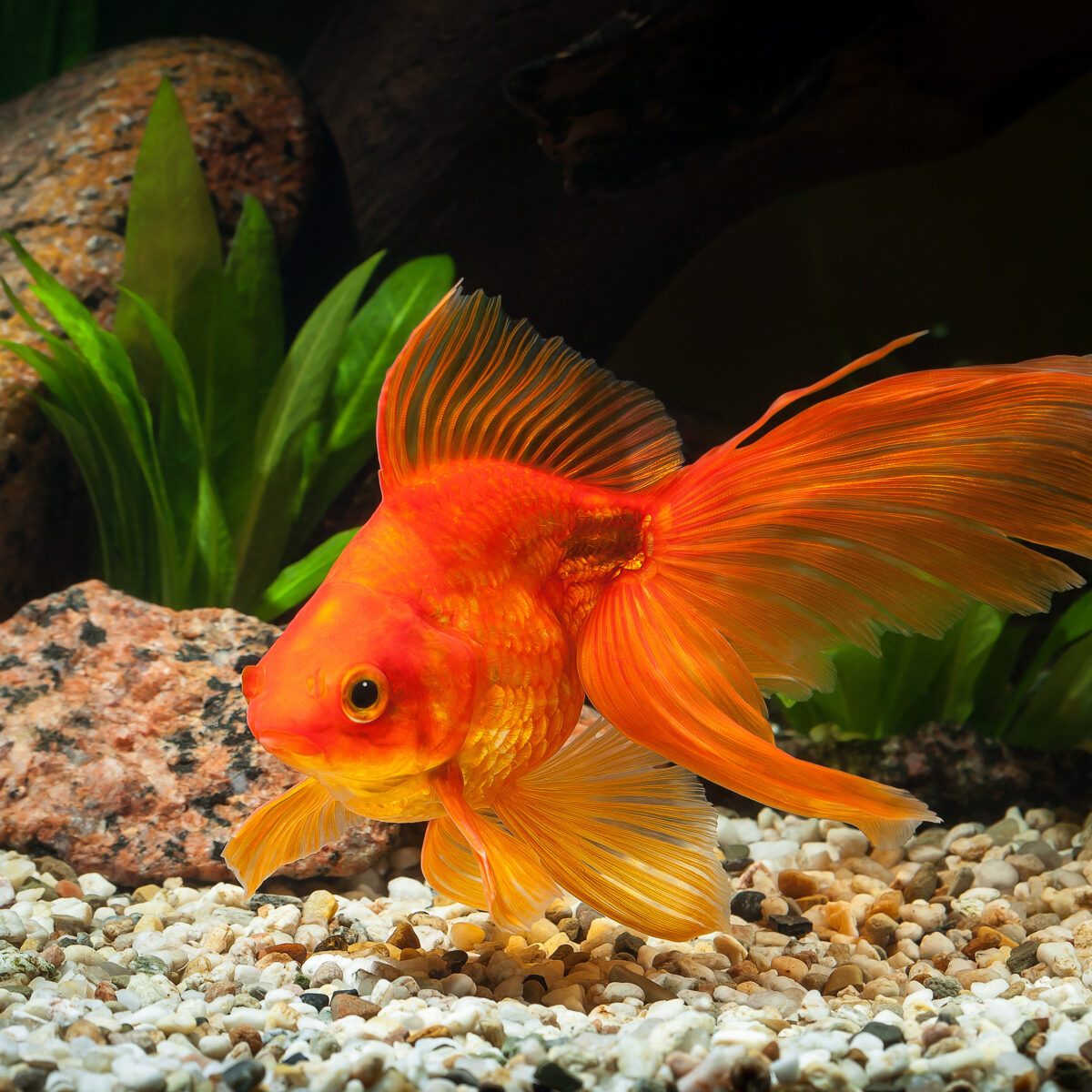Accidental soccer coach Ted Lasso is famous for telling his players to “be a goldfish.” Why? Because a goldfish has a ten-second memory and can’t dwell on its mistakes. That’s a plus, but there’s a downside.
Research shows a connection between working memory and our ability to focus. “Individuals who perform well on memory tasks were able to suppress distractions,” in one study. But “those who didn’t perform as well couldn’t suppress distractions quickly enough to prevent them from grabbing their attention.”
So, if you want to stay productive, don’t be a goldfish.
Here’s the problem: It seems like the entire technological and media environment is engineered to turn us into goldfish. There’s plenty of evidence it’s working, and we’re paying the price.
Popcorn Brain
“In 2004, we measured the average attention on a screen to be two and a half minutes,” says attention researcher Gloria Mark. “Now we find people can only pay attention to one screen for an average of 47 seconds.”
That’s a 69 percent decline in our power to focus in just twenty years!
The computer scientist David M. Levy blames our devices and apps for the problem. He says notifications, pings, and popups have trained our brains for distraction. The result? It’s worse than goldfish! Levy says we suffer from “popcorn brain.”
Culture watcher Ted Gioia commented on this trend in his “State of the Culture, 2024.” The article went viral because Gioia’s observations are so concerning.
The fastest growing sector of the culture economy is not art, he says. Nor is it entertainment. Gioia says it’s distraction. Tech companies have designed their platforms for it. That’s why so much of social media has migrated to short, infinitely scrollable, swipeable content.
The Rise of Dopamine Culture
It’s not about entertainment any longer. It’s ultimately about addiction—hijacking our brain’s natural dopamine circuits to keep goldfish happy in their bowls, going nowhere.
Gioia compares “slow traditional culture” to “fast modern culture” and then what he calls our new “dopamine culture” in several different areas. As each one of these areas progresses through the cultural stages Gioia mentions, the end product radically changes—not only reflecting our shortened attention spans but reinforcing them.
Here are a few Gioia mentions:
- Journalism: newspapers > multimedia > clickbait
- Video: film and television > video > reals of short videos
- Music: albums > tracks > Tiktoks
- Communication: letters > voice/email/memo > short texts
We’ve all experienced this, right? We find ourselves distracted and find it difficult to get back on track in part because we’ve trained our brain for distraction. We’ve become goldfish.
Not So Fast
Given the prevalence of this effect, it would be easy to exaggerate it or assume we’re powerless to combat it. Yes, our attentions are captured by ever-shorter media, and we’re more prone to distraction than ever. But we’re still able to focus on longer media when we choose.
Box office megahits Dune and Dune 2 aren’t exactly short. Nor are the exploding number of long-form television narratives and multipart movie franchises that require viewers to keep track of a tremendous amount of character and plot detail to make sense of the stories.
That’s not the only reason for hope.
While it’s true we don’t demonstrate as much focus today as we did 20 or 30 years ago, researchers have also discovered we can—and sometimes do. In fact, according to a recent study in the journal Personality and Individual Differences, adults show a greater ability to focus than they did 20 and 30 years ago.
“On average,” said a summary of the study, “concentration performance . . . increased moderately in adults between 1990 and 2021.”
The Good News
While there are strong forces working against our focus, we’re not passive victims of technology companies. We have tools at our disposal, including those embedded within the very devices causing us trouble. Are we using them?
Beyond our digital devices and apps, we can go analog to maintain and even sharpen our focus. Just like we’ve trained our brains for distraction, we can train our brains for focus. That’s one benefit behind daily use of the Full Focus Planner.
As you stay focused each and every day, you’re also training your attention span for full focus in the future.
One-Minute Tactical Takeaway: Delete social media apps off your phone, just for the day. If you want, write about the experience tonight before re-downloading.
Disclosure of Material Connection: Some of the links in the post above are “affiliate links.” This means if you click on the link and purchase the item, we will receive an affiliate commission. Regardless, we only recommend products or services we use and believe will add value to our readers. We are disclosing this in accordance with the Federal Trade Commission’s 16 CFR, Part 255: “Guides Concerning the Use of Endorsements and Testimonials in Advertising.









